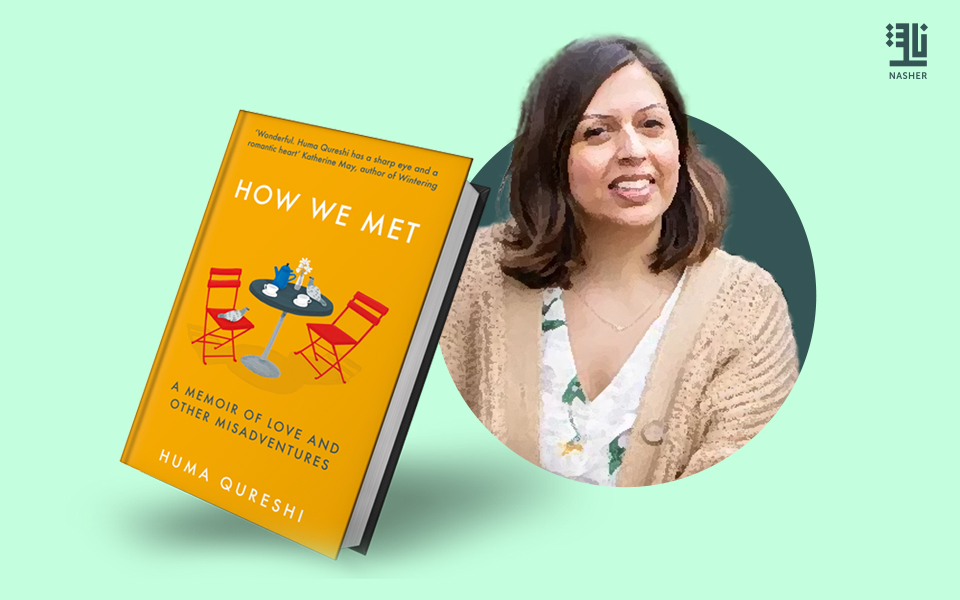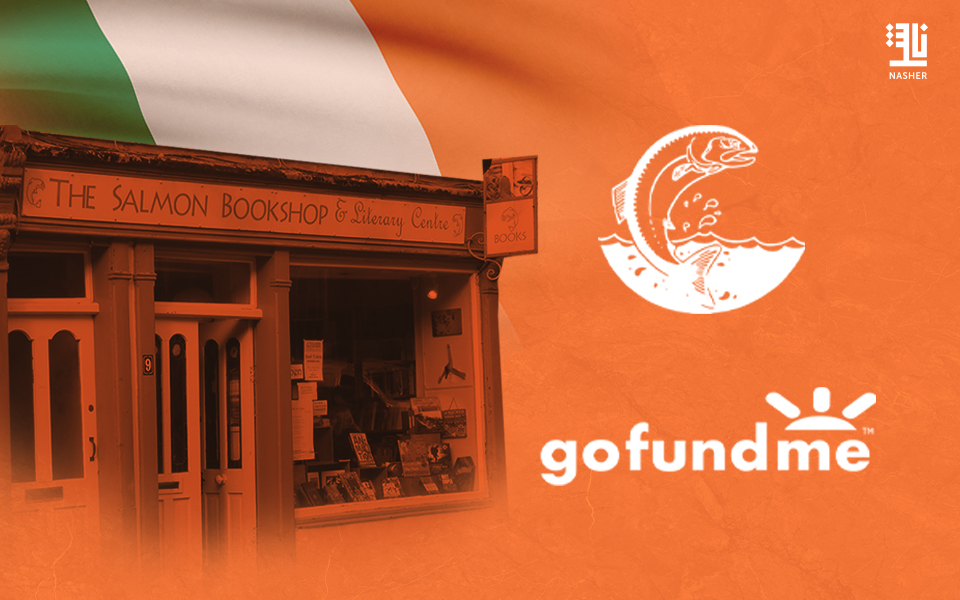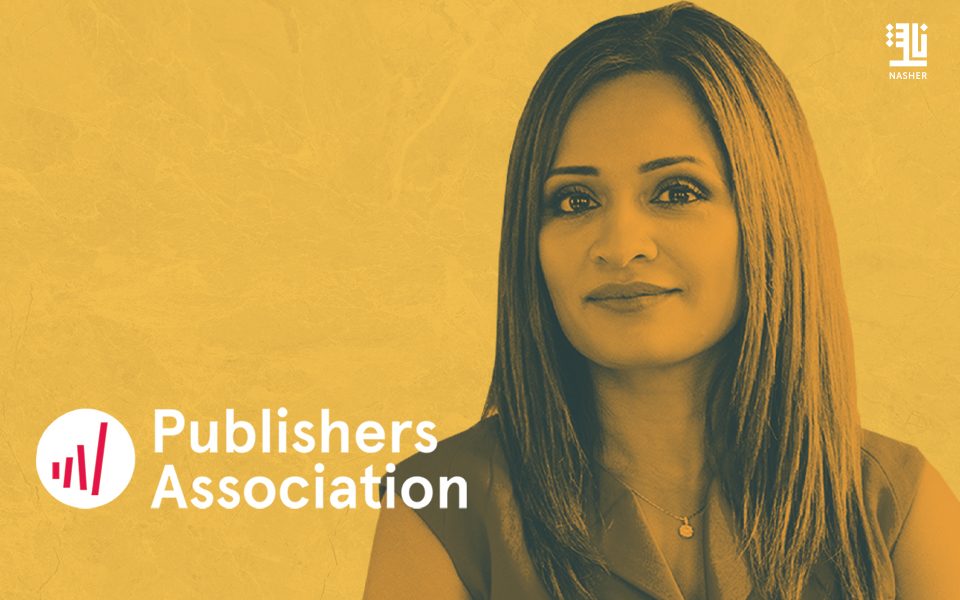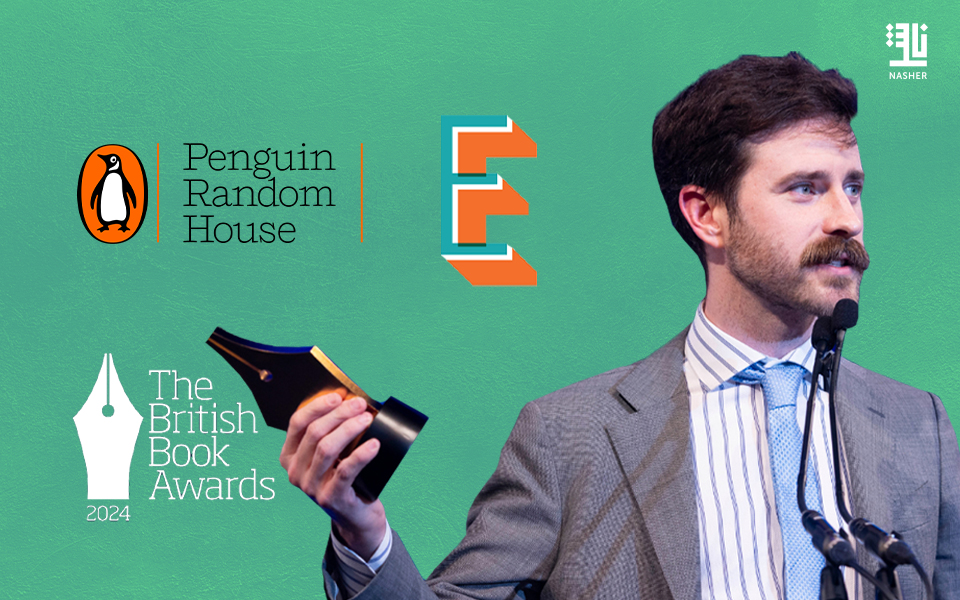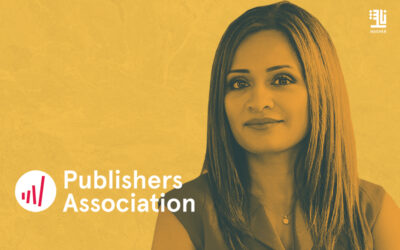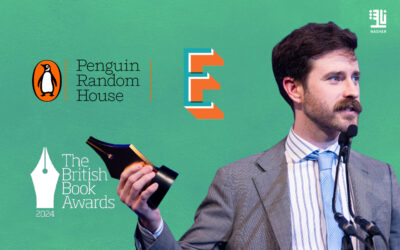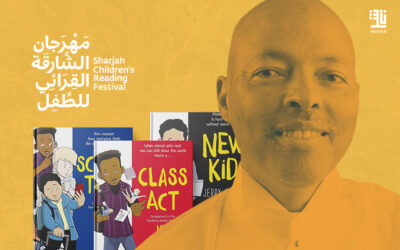Huma Qureshi confesses early on in How We Met that she wasnt sure about whether or not she should have written this memoir. Its the story of how she found and later married a white Englishman called Richard. It is, she worries, unextraordinary and normal and therefore an unimportant story to tell. And in a way she is right as on the surface, the story is one that has been told and explored many times before.
Perhaps my story isnt quite as dramatic as youd hoped it would be, Qureshi ponders. Maybe you were expecting a story of oppression, repression, my personal trauma neatly spilled to fit a familiar-feeling narrative. Her father was from Lahore, her mother from Uganda; both were graduates, and she grew up in Walsall, where even the most eventful weekend involved nothing more than relatives descending on their house, cars parked up the road for miles occasionally annoying the white neighbours because of someones Mercedes half-blocking a pavement or a drive, the air thick with the smell of kebabs and biryani.
Qureshi studied at Warwick and then in Paris, but returned home suddenly after her father had a stroke. She finds him unable to speak and tends to him for days and weeks (he eventually died after 18 months in hospital). Thinking of ways in which she can honour him, the journeys and sacrifices he has made, his achievements as a doctor, she starts to listen to her mother and aunts all of whom believe she should be getting married soon. Her dreams had been of independence, big cities, becoming a journalist; now, to feel less broken, to affirm shes her parents child, she agrees to meet a sequence of suitable boys.
Theyre anything but. One guy with potential (he liked reading Chekhovs short stories and watching old episodes of Party of Five) chastised her for not living with her mother. Another looked like Saddam Hussein in a lemon V-neck sweater. He rushed to tell me I was prettier than he thought I would be, given how old I was, and then, as though it were an afterthought, he mentioned he needed an extension on his visa and oh, could I help? An outright cad said: If there was one thing I could change about you, itd be the way you look. What makes the situation so galling is the endless enthusiasm of her aunties, one of whom prints out and sends her Arabic prayers: read these seven times a day for three months and youll be bound to found someone. Qureshi says quite a lot about being insufficiently pretty or tall or successful.
Qureshi eventually, via an online dating site, finds happiness. The latter parts of the book describe how and why Richard, whose grandparents were strict Methodists, converted to Islam even though Qureshi herself rarely attended mosque and her anxiety about introducing him to her mother.
As the youngest and the only daughter, Qureshi is expected to cooperate with her parents and fit into the expectations of the community to which they belong. Her parents social life involves gatherings with other families who share their religious beliefs and cultural leanings. While the elders chit chat over kebabs and biryani, the children play together. And as they grow up, girls and boys are not expected to mingle. Yet, this is the same pool from which marriages are arranged.
The book verbalises the silent questions of many young people who try to appease their immediate family (and society) that follows cultural norms of the old country while simultaneously trying to make their way amidst the reality of place that is now home.
Humas story is a story of hope and highlights the difficulty in finding an ideal partner, especially when you are an Asian woman of a certain age and perfectly shows how that process can be both mentally and physically draining. The book is an honest and open account of the authors own personal experience, which some woman might relate to, especially those of Asian heritage where marriage is a big thing in Asian culture and if youre not married by a certain age its perceived that theres something wrong with you. The clash between culture and your own freedom to choose between who you marry, where you live or if you pursue a career were dominant themes throughout the book.
Qureshi has chosen a narrative style that switches back and forth in time. Chapters are classified as these days and those days which did prove to be confusing at certain stages and although Huma Qureshi tells her journey of self-discovery with clarity, there are points in the book where the reader disengage and the long passages of repetitive thoughts makes the book weaker, and leaves us with the question at the end of is this is it? Despite the fact that the memoir discusses an important topic in a multicultural society but it just felt like many books written by women from ethnic minorities.
At the end of the book, Huma Qureshi takes her readers to the present (June 2020), to a time where the world has come to a standstill due to COVID-19. Her husband has taken their three sons to the park to give her some peace and quiet to focus on her writing. But she cant really concentrate and decides to join them instead. She sees them from a distance, on top of a hill. The boys start running down towards her as she makes her way up. They eventually meet in the middle. It serves as a symbolic moment or a point that summarises the book; when we take the time to approach one another, appreciate one another, perhaps make little compromises along the way and meet in the middle, well always find a way to move forward.
The memoir is Published by: Elliott & Thompson Limited (2021) and we have given it 5/10.
Huma Qureshi is an award-winning writer and journalist, and contributor to The Best Most Awful Job: Twenty Writers Talk Honestly About Motherhood (2020). A former Guardian reporter, she has also written for The Times, Independent, Observer, Grazia, New Statesman and The Huffington Post. She is a regular contributor to BBC2s Pause for Thought and has appeared as a contributor on BBC Womans Hour, BBC London, BBC Breakfast and the BBC Asian Network. She is the winner of the 2020 Harpers Bazaar Short Story Prize.

